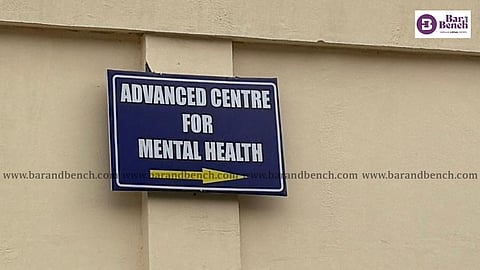The Bombay High Court has directed that people accused of crimes who are also suspected to be addicted to liquor or drugs must be provided psychiatric treatment to ensure their recovery from the mental illness [Pramod Wamanrao Dhule v The State of Maharashtra and Another].

